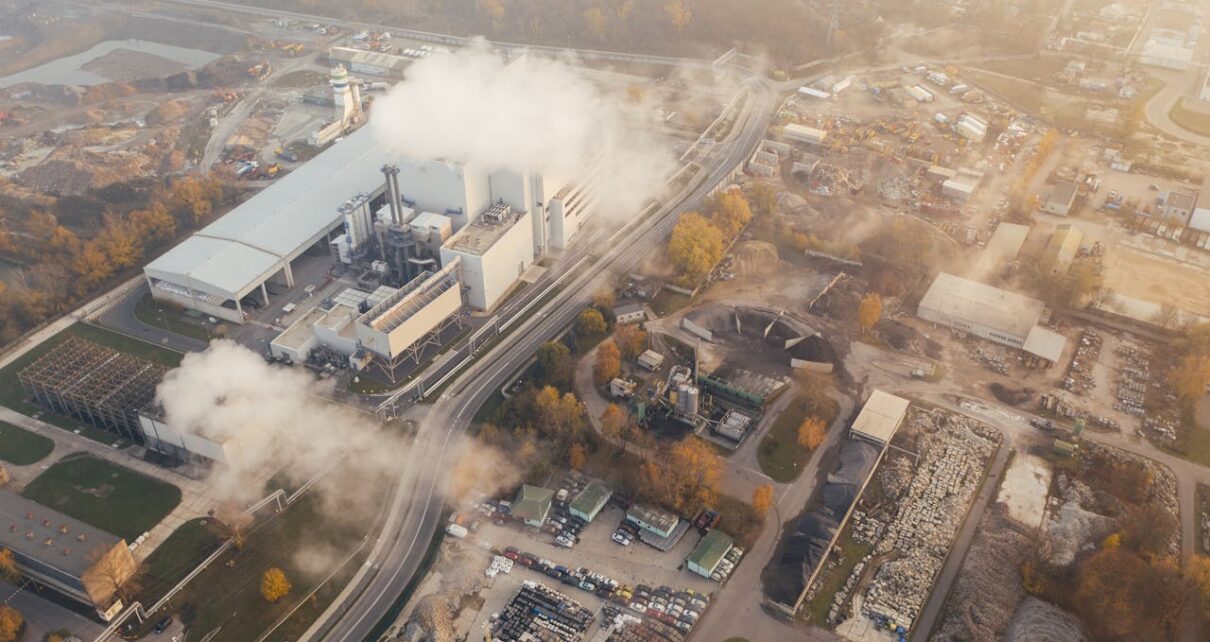When contemplating the scale and influence of various global industries, one might wonder, “Is the oil and gas industry big?” The simple answer is an unequivocal yes. This sector not only plays a pivotal role in driving the global economy but also in shaping geopolitical dynamics and technological advancements. Through the lens of “oil and gas solutions,” this blog post will explore the magnitude, challenges, and opportunities within this colossal industry.
The Heartbeat of the Global Economy
To grasp the enormity of the oil and gas industry, consider its foundational role in the global economy. It fuels the majority of transportation needs, powers industries, and is crucial for the production of a myriad of chemical products, including plastics and pharmaceuticals. The industry’s value chain, from exploration and extraction to refining and distribution, encompasses a complex network of operations spanning across continents.
Financially, the oil and gas sector represents a significant portion of the world’s market capitalization, with giants like Saudi Aramco, ExxonMobil, and Shell commanding substantial economic power. Its economic influence is further evidenced by the sway oil prices hold over global markets, affecting everything from the cost of living to the strategic decisions of nations.
Innovations and Oil and Gas Solutions
In response to the evolving challenges of energy demand, environmental sustainability, and regulatory pressures, the industry has become a hotbed for innovation. Oil and gas solutions now incorporate cutting-edge technologies like artificial intelligence, drone surveillance for exploration, and digital twins for optimizing operations. These technological advancements are not just about enhancing efficiency but are also geared towards reducing the environmental footprint of oil and gas activities.
Moreover, the sector is increasingly investing in alternative energy projects and carbon capture and storage (CCS) technologies. These efforts underscore the industry’s role in the transitional energy landscape, balancing between meeting global energy needs and addressing climate change concerns.
Employment and Economic Contributions
The oil and gas industry is a major employer, directly providing jobs for millions of people worldwide in various capacities—from geologists and engineers to field workers and supply chain professionals. Indirectly, it supports countless more jobs through the broader economic activity it generates, including in sectors like construction, transportation, and services.
Economically, the sector contributes significantly to the GDP of many countries, especially those with vast oil and gas reserves. Nations like Saudi Arabia, Russia, and the United States depend heavily on oil and gas revenues to fund their budgets, invest in infrastructure projects, and support social services. This dependency underscores the industry’s role not just in economic terms but also in national security and development strategies.
Geopolitical Dynamics
The strategic importance of oil and gas resources has historically influenced international relations and continues to do so. Control over oil-rich regions can shift global power dynamics, leading to alliances and conflicts. The industry’s influence extends to the energy security policies of nations, where securing a stable and affordable energy supply is paramount.
The recent push towards energy independence through the development of domestic oil and gas resources in countries like the United States demonstrates the industry’s impact on geopolitical strategies. This shift has implications for global trade patterns, energy diplomacy, and even military strategies.
Challenges and the Path Forward
Despite its size and importance, the oil and gas industry faces significant challenges. Volatile prices, geopolitical tensions, and the global push towards renewable energy sources have introduced uncertainties. Moreover, the industry is under increasing pressure to address environmental concerns, including greenhouse gas emissions and pollution.
Addressing these challenges requires continued investment in innovation and the development of sustainable oil and gas solutions. The industry’s path forward will likely involve a delicate balance between ensuring energy security, driving economic growth, and fulfilling environmental responsibilities.
Conclusion
To question the size of the oil and gas industry is to underestimate its profound influence on every facet of modern life. Its role extends beyond mere economic metrics to encompass technological innovation, employment, geopolitics, and the global energy transition. As the world navigates the complexities of sustainable development and energy security, oil and gas solutions will remain at the forefront of shaping our collective future. The industry’s ability to adapt, innovate, and address its environmental impact will be critical in sustaining its relevance in the global energy mix. Indeed, the oil and gas sector is not just big; it is indispensable, multifaceted, and constantly evolving, playing a crucial role in the world’s ongoing energy narrative.





